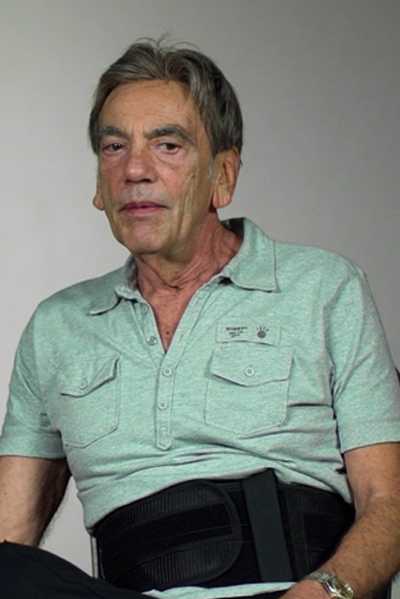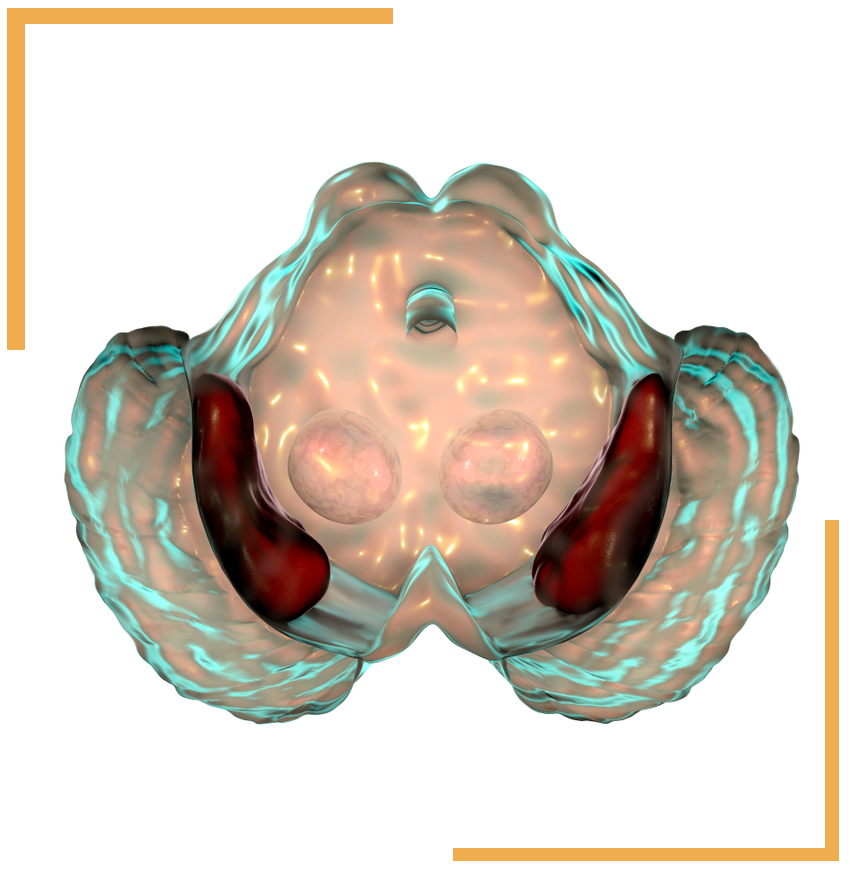Physical Therapy for MSA
OneRehab offers multiple system atrophy physical therapy to help patients lead a more independent life.

What is Multiple System Atrophy?
Multiple System Atrophy (MSA) is a rare neurodegenerative disease. The condition affects both automatic and movement nervous systems. The effects lead to alteration in normal body functions like breathing, blood pressure, and bladder function.
According to the National Institute of Neurological Disorders and Stroke, the disease affects more than 15,000 people in America. MSA is prominent in individuals above 50 years. The disease progresses within 5-10 years leading to confinement and later to death. Although multiple system atrophy has no known cure, physical therapy exercises can alleviate pain and train patients to perform daily activities. The disease causes the death of nerve cells in the brain and spinal cord.
Multiple system atrophy shares many Parkinson’s-like features. One of the shared characters of the two conditions is a deposit of alpha-synuclein protein. The cause of MSA is still unknown, and most of the cases occur at random.

Schedule an appointment today
to see why our family of stroke experts can help you and your family on your path to independence.
Signs and Symptoms of Multiple System Atrophy
The two types of MSA have different symptoms because they affect different systems. The parkinsonian type has the following symptoms:
- Stiffness
- Sluggish movement
- Tremors
- Lack of coordination
- Lightheadedness due to orthostatic hypotension
- Troubles with bladder control
- Difficulty in swallowing (dysphagia)
- Problem with movement coordination
- Slurred speech
- Vision problem
Management / Treatment
There is no cure for multiple system atrophy yet. Physicians give medication to manage different symptoms that arise due to MSA to improve the patient’s quality of life. Medications can help with the physical as well as the mental effects that arise. Medications used for MSA are used for raising blood pressure, reducing PD-like symptoms, managing impotence. Other devices such as pacemakers and catheters are used to manage heart-rate and bladder difficulties.
Physical & Occupational Therapy for MSA
Physical therapy is important to maintain mobility, reduce contractures, and fight off abnormal posture as the disease is progressing. Occupational therapists help with home safety and learning new ways to address activities of daily living such as eating, dressing, bathing, etc. Speech-language pathologists can help improve/maintain speech as well as address swallowing difficulties. At OneRehab, we help MSA patients to gain some independence. Apart from that, we train you how to use assistive devices to reduce accidents and improve efficiency.
Types Multiple System Atrophy
Like there are 2 types of Huntington’s Disease, there are 2 types of MSA. The classification is based on the symptoms the condition portrays.
- Parkinsonian type
- cerebellar type
MSA Parkinsonian Type
This is the Parkinsonian form of MSA. The parkinsonian type is the more common of the two and is presented by signs and symptoms similar to Parkinson’s disease.
MSA progresses at a rapid state in comparison to Parkinson’s. Patients are more likely to need assistive aids/devices within the first couple of years of noticing the symptoms.
MSA Cerebellar Type
The symptoms experienced under this type are problems with coordination, speech and swallowing, and vision problems. The condition destroys or weakens the muscles that control speech and swallowing. MSA-C is also characterized by limb ataxia which makes arm muscles clumsy and difficult to coordinate.
More Resources
- https://www.ninds.nih.gov/Disorders/Patient-Caregiver-Education/Fact-Sheets/Multiple-System-Atrophy
- https://www.mayoclinic.org/diseases-conditions/multiple-system-atrophy/symptoms-causes/syc-20356153
- https://www.multiplesystematrophy.org/about-msa/
OneRehab | Richardson
1761 International Pkwy Suite 135, Richardson, TX 75081, United States
OneRehab | Dallas
6080 N Central Expy #125 Dallas, TX 75206
Email Us
info@onerehab.com
Call Us
972 845 7875
Working Hours
M - F 7:00 AM – 7:00 PM
Sat 8:00 AM – 2:00 PM


